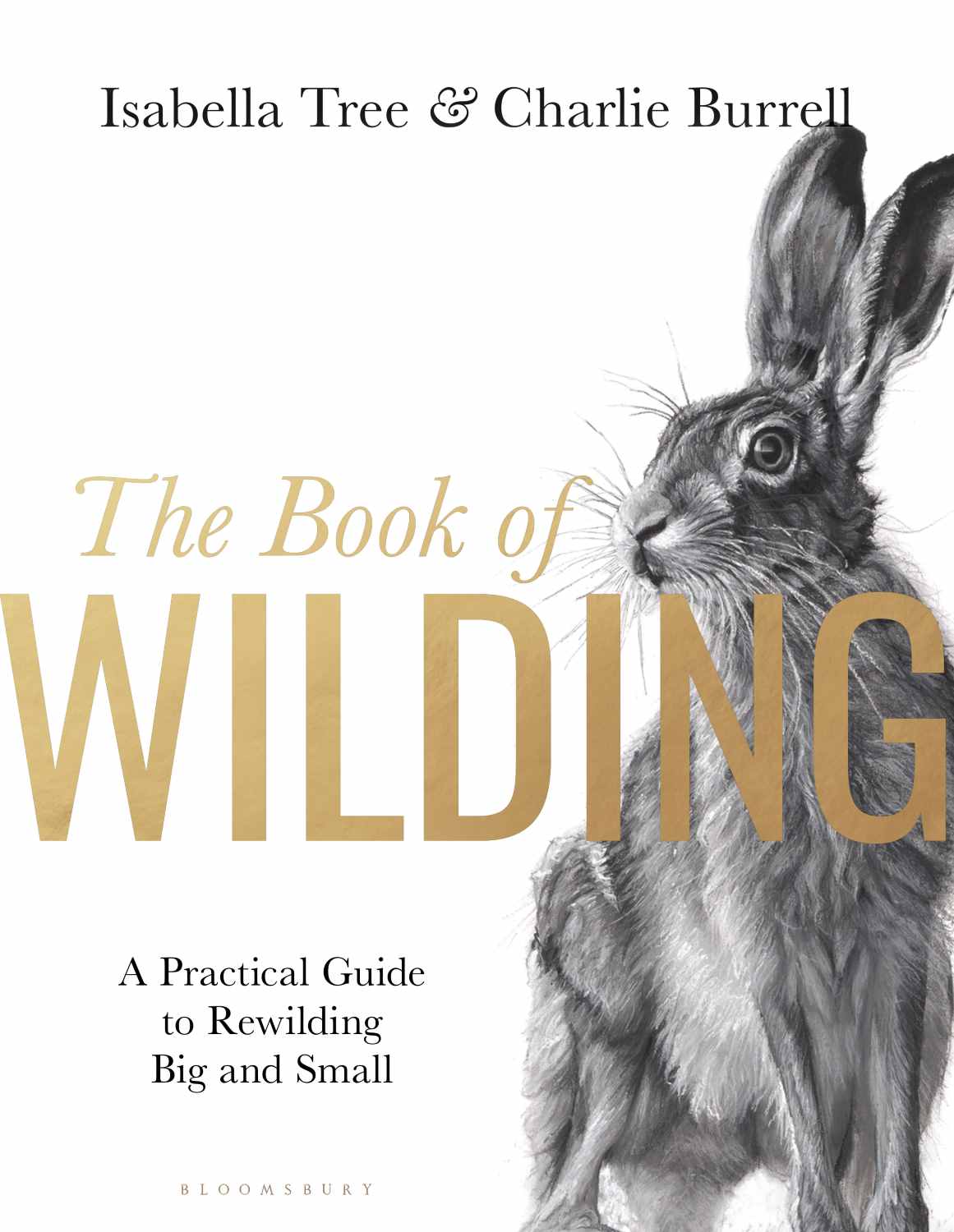A book of beautiful ambition: Baroness Helic reviews 'The Book of Wilding'
Sussex: Knepp’s rewilded, walled garden | Image courtesy of Charlie Burrell
5 min read
If The Book of Wilding’s commendable aims are to be realised Parliament must recognise the value of biodiversity and put in the necessary economic framework to support it
Last September I visited the Knepp Estate in Sussex with a delegation of United States senators. Fresh from visiting a Rolls Royce factory, we were coming from a world of high-tech robotics, bright lights and stainless surfaces, where every detail was carefully designed. As our coach drove into Knepp we were presented with a complete contrast: birdsong replaced the hum of machinery, and in place of the order of the factory we had a landscape that looked bluntly – and beautifully – messy.
Knepp, and its owners Charlie Burrell and Isabella Tree, are leading practitioners and proponents of rewilding in the United Kingdom, an approach to land management which seeks to allow natural processes to take place unfettered as far as possible by human intervention. Looking at Knepp’s patchworks of scrub, mud and rough vegetation, you realise the bright green grass and neat hedgerows – or, increasingly since the 1960s, giant prairie fields – of much of the British countryside owe almost as much to human design as do Rolls Royce’s motor cars. Rewilders would say that it also, in large parts, holds about as much life: 48 per cent of British bird species have declined since 2015; since 1970 farmland bird numbers have fallen by 66 per cent. Once common farmland animals, from grey partridge to hedgehogs and hares, are now increasingly rare.
In The Book of Wilding, Tree and Burrell set out a manual for how to reverse this, drawing on their expertise gained from more than two decades of accident and experiment across 3,500 acres at Knepp. Accompanied by appealing illustrations depicting the transformation of neat and sterile landscapes to wild and teeming expanses, it aims to be the textbook for how to wild, on every scale, from whole valleys to urban window-boxes.
This is a big book – more suited to enjoy at home rather than being carried across field and ditch. It offers an accessible introduction into the what, why and how of thinking like a (re)wilder, and the natural processes that rewilding seeks to create space for, or emulate: in the absence of wolves and bears, humans need to step into the breach as top predators, the authors argue for example.
Britain is sadly one of the most nature-depleted countries in the world
It provides some helpful advice – how many gardeners, seeing a plant in a shop labelled as pollinator friendly, stop to check what pesticides it has been treated with before unwittingly introducing a bee-killer into their garden? Tree and Burrell recommend only buying plants from organic garden centres. The call to wild school playgrounds, and the advice on how this might be done, is an obvious opportunity to create new spaces for nature in the heart of towns and cities across the country, and to shape richer and more engaging environments for children to learn from.
The book’s beautiful ambition is also its inevitable point of weakness. In seeking to provide a practical guide for every setting, it can never quite offer the depth of detail to match. It also means that the sheer volume can overwhelm the key information. Anyone who does not own their own estate or farm –the vast majority of us – has to turn to page 311 to reach helpful, targeted advice. Tree and Burrell argue that rewilding can sit alongside and support food production but for hard-pressed smaller-scale farmers – trying to scrape a living in the face of constant downwards price pressure from the major buyers, navigating complex and insufficient government subsidies which fail to cover the true cost of the requirements they impose – the safety net to experiment and let go does not exist.
 Not every farm can switch to eco-tourism – and as Brexit and the war in Ukraine have reminded us, a global food market cannot always fill the gap if domestic production falls. There are real dangers as well that in the rush to rewild small farmers and rural workers get pushed off the land. These are not insurmountable barriers, but debates we need to have, and to which the book is a welcome contribution.
Not every farm can switch to eco-tourism – and as Brexit and the war in Ukraine have reminded us, a global food market cannot always fill the gap if domestic production falls. There are real dangers as well that in the rush to rewild small farmers and rural workers get pushed off the land. These are not insurmountable barriers, but debates we need to have, and to which the book is a welcome contribution.
The Book of Wilding is aspirational. It evokes a beautiful dream – a recovered, restored and reinhabited landscape of the sort our ancestors might have known. Britain is sadly one of the most nature-depleted countries in the world. Knepp has shown that this can be reversed. For this reason, it is a book that should appeal far beyond Britain’s shores. If thinking like a rewilder means leaving grass to grow or re-wiggling a stream, for us in Parliament it must mean ensuring that we recognise the value of biodiversity, and the patchwork of different needs across the country, and put in place the economic framework to nurture it.
Baroness Helić is a Conservative peer
The Book of Wilding: A Practical Guide to Rewilding, Big and Small
By: Isabella Tree & Charlie Burrell
Publisher: Bloomsbury
